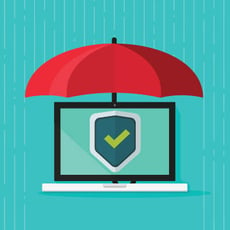Resources
Get insights, answers, and inspiration—all built to keep you ahead in tech.

05-05-2025

06-10-2024

04-22-2024

02-12-2024

01-12-2024